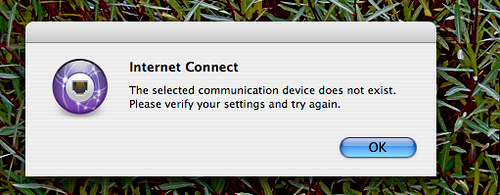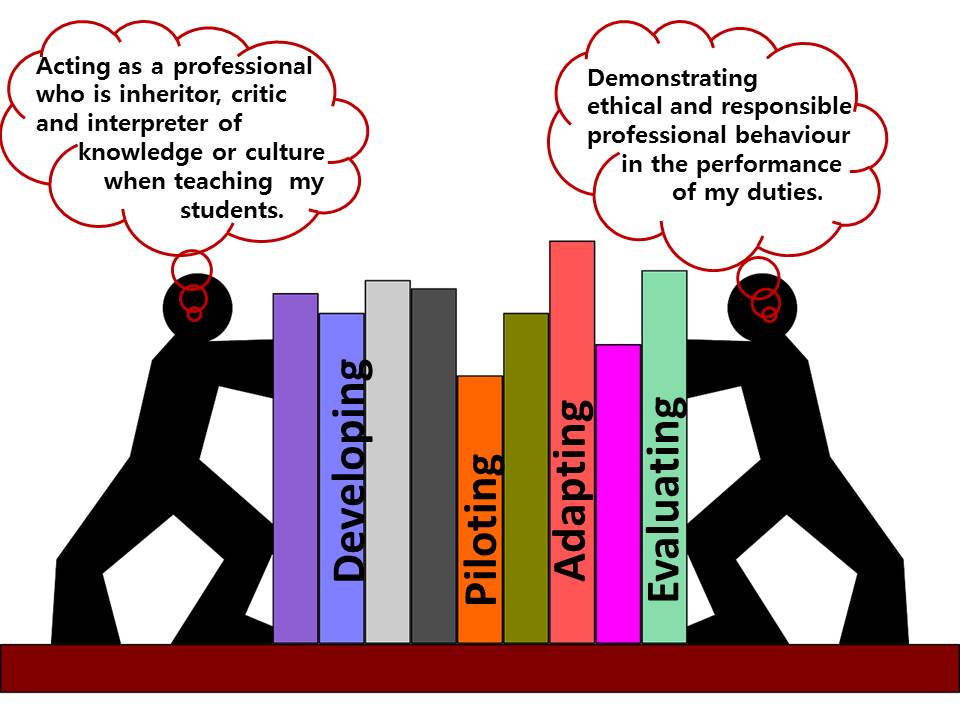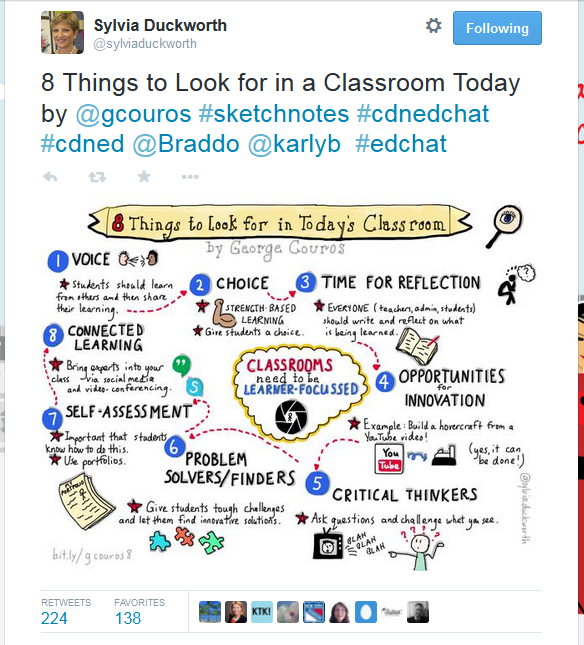A note on turnkey teacher resources…

Lately I have been involved in conversations about teaching and learning in many venues – from program implementation across the province to changing teacher practice in the classroom.
A similar thread weaves itself through all of these conversations – the (expressed) need for ‘clé en main’ resources for teachers.
Do you know why it is so hard to find ‘clé en main’ (turnkey) resources for the courses that we teach? Because they don’t exist. Nowhere else in the world is there another course exactly like the one you are teaching… Right. Now.
The content may stay the same for a period of time but the rest of the equation is made up of variables. And when just one of those variables shifts…the course is ultimately changed.
As written in this article (by I do not know who, an author who goes by the nickname Love Teach):
It is a lovely alchemic mixture distilled through …yeah, you were wondering when I’d mention it… relationship.
Our new programs in adult education (which are extensions of the competency-based reform in the youth sector) place the focus on student-centered and community-based learning – both of which are hinged on relationship.
We know that our students and communities change all the time.
Yet, a lot of time and energy is spent on either trying to create turnkey, one size fits all resources or in seeking them out.
One of my recent conversations was with Emilie, a history teacher at Nova Career Centre who was talking about why she organizes her classroom into learning stations.
Another was with Daniel, a math and science teacher at St Laurent Adult Centre who talked about how he records and shares his content with his students as well as how he wants to move towards learning stations in his classroom.
And yet another was with a group of four teachers: Natasha and Jonathan from Place Cartier Adult Centre, and Lethisha and Troy from Pearson Adult and Career Centre who got together to talk about formative assessment.
Again, there was a common thread in these conversations … but it was of a different shade, a different count. Each of these teachers said, when trying something new in the classroom, it was important to start small, to experiment, and to find out what works best for you and your students.
This thread seems much stronger to me than the one about creating turnkey resources.
(One definition of turnkey is jailer…)
(Keys generally only work for one lock and we usually use them to keep others out.)
(image: Key to… by pi di on flickr, licensed CC BY SA 2.0)







